1. Airline Tickets
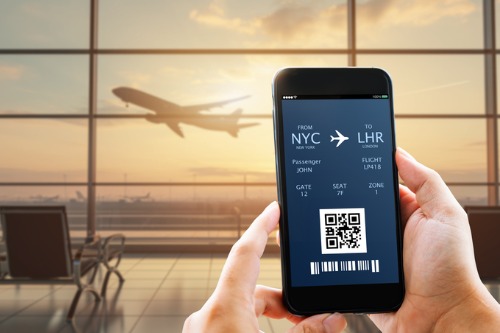
When you buy a plane ticket, the price you see isn’t what you really pay. There are federal excise taxes, security fees, and even local airport taxes folded into that fare. Each fee goes to a different agency or purpose, from TSA security to airport maintenance. Travelers often don’t notice until they get the final charge.
Airlines must itemize these fees on your receipt, but most people skip reading the fine print. These hidden taxes can be 10–15% of the ticket cost. So, while you might think the airline is charging a lot, Uncle Sam is quietly taking a slice too. Frequent flyers feel this one repeatedly.
2. Gasoline
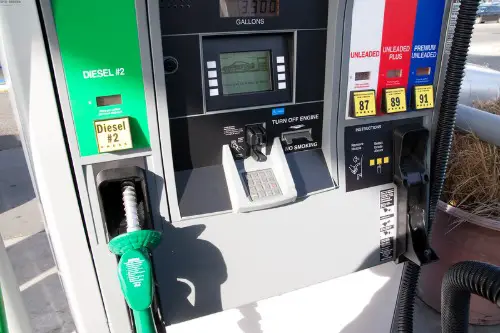
Most Americans know they pay for gas at the pump, but what they often don’t realize is how much of that cost is taxes. Federal, state, and even local taxes are built into the price per gallon. These taxes fund road maintenance, bridges, and other infrastructure projects. Every fill-up subtly reminds you that transportation isn’t free.
Even when gas prices drop, the tax component generally stays steady. In some states, it can be over 50 cents per gallon. That adds up quickly for commuters or road-trippers. So, your morning drive is quietly funding highways more than you might think.
3. Hotel Stays

Booking a hotel room isn’t just about paying for a bed. Cities and states tack on lodging taxes, which can sometimes exceed 15% of the nightly rate. These taxes fund tourism boards, local events, and infrastructure around tourist hotspots. Many travelers don’t realize this is separate from the listed room price.
The next time you see your hotel bill, check the line items carefully. Some cities add transient occupancy taxes specifically for visitors. These fees are invisible until check-out. Vacation budgets often end up higher than expected because of these “hidden” taxes.
4. Restaurant Meals

When you dine out, the tax on your meal isn’t just about sales tax. Some cities impose additional restaurant-specific taxes to fund local programs or health initiatives. Alcohol and sugary drinks can carry extra excise taxes too. Your tab might look reasonable until these extra costs appear.
Even tipping doesn’t count toward taxes, but it does affect your total spend. In some areas, taxes on meals can push a 20-dollar meal to nearly 25 dollars. Diners often underestimate this hidden cost. Eating out comes with more than just a flavor bill.
5. Grocery Items
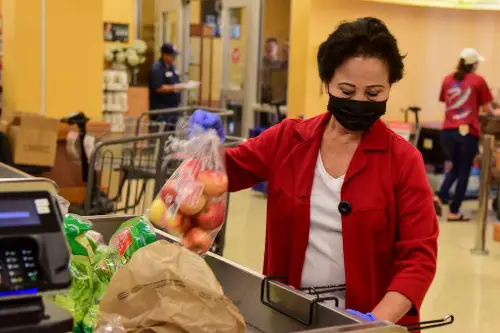
You might think groceries are exempt from taxes, but that depends heavily on the state. Some states tax snacks, soda, or prepared foods differently than staple items. The tax can be surprisingly high on items people buy frequently. These hidden taxes affect your monthly grocery budget more than you realize.
Even basic household items sold alongside groceries can be taxed. Paper towels, napkins, and cleaning products may carry a sales tax where food does not. Shoppers often don’t notice until they see the receipt. So, a “cheap” grocery run can quietly get more expensive.
6. Car Purchases
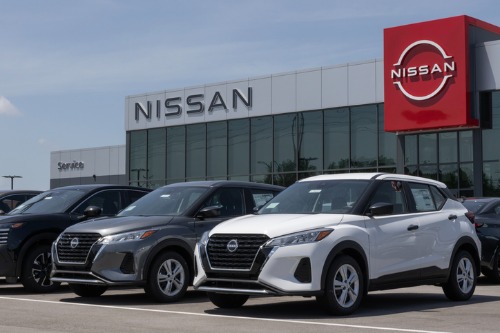
Buying a car isn’t just about the sticker price. State and local sales taxes can tack on thousands of dollars. In addition, registration and title fees are often lumped into the purchase process. Many first-time buyers underestimate how much these taxes inflate the cost.
Luxury or electric vehicles can come with additional taxes or fees. These are designed to fund emissions programs, road maintenance, or local initiatives. Car ownership often carries hidden costs beyond insurance and fuel. What looks like a one-time payment ends up being a multi-layered tax event.
7. Cigarettes and Tobacco
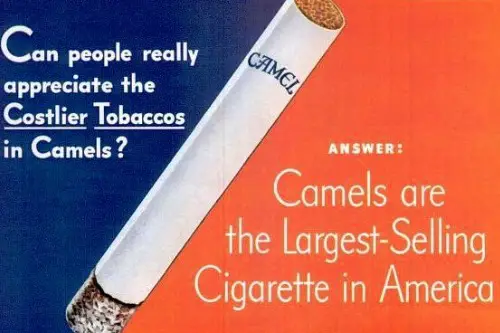
Tobacco products come with some of the highest hidden taxes in the country. Federal and state excise taxes make cigarettes significantly more expensive than their base price. These taxes fund public health programs, anti-smoking campaigns, and Medicaid. Smokers end up paying far more than the manufacturer’s suggested retail price.
Vape products and e-cigarettes are increasingly taxed too. These taxes can vary widely by state and even city. Regular users often feel the pinch without realizing how much is going to government programs. Every pack or pod carries a hidden public health surcharge.
8. Alcoholic Beverages

Beer, wine, and spirits all carry hidden taxes beyond the shelf price. Federal excise taxes, state-specific alcohol taxes, and sometimes local taxes all combine to make your drink more expensive. These funds are often earmarked for public health, education, or law enforcement programs. Most consumers only notice when their total tab goes up at checkout.
Even small purchases like a six-pack at a convenience store include hidden taxes. Bars and restaurants pass on these taxes in drink prices. The cumulative effect is significant over time. Alcohol consumption quietly supports various government programs.
9. Streaming Services
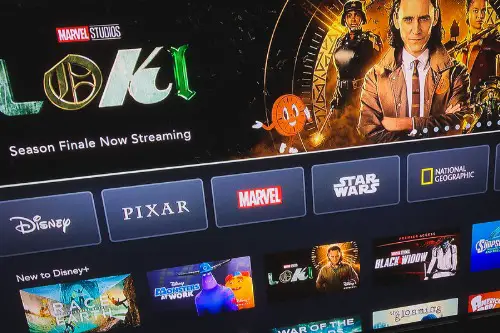
Digital entertainment isn’t exempt from taxes either. Many states now charge sales tax or digital goods tax on streaming subscriptions. Whether it’s movies, music, or gaming, the added cost is often invisible on the website. Consumers are used to thinking of streaming as a “flat” fee, but taxes quietly increase it.
Some municipalities even apply communications taxes to internet-based services. The logic is that streaming is replacing traditional cable, which has always been taxed. Users rarely notice unless they scrutinize their bank statements. Over a year, this hidden tax can add up to dozens of dollars per subscription.
10. Ride-Sharing Apps
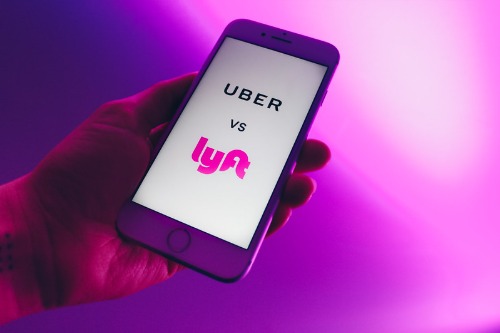
Uber, Lyft, and other ride-sharing services include fees beyond your fare. Many cities add transportation, congestion, or excise taxes directly to rides. Drivers collect these fees on behalf of local governments, but passengers end up paying them. This is often invisible until you check your final receipt.
Even small rides carry these taxes. In urban areas, the percentage can significantly inflate the total cost. The app makes it seamless, so passengers rarely realize they’re contributing to municipal budgets. Your quick ride across town is quietly funding city transit projects.
11. Prescription Drugs
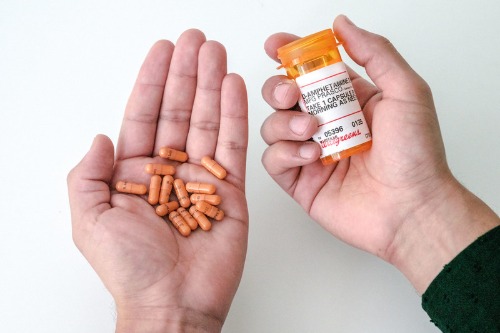
Healthcare costs in America are notorious, and taxes can add to the burden. Some states tax non-essential medications or supplements, which increases the final price. Even with insurance, copays often include these hidden taxes. Patients end up paying more than just the list price.
Pharmacies pass these taxes directly to consumers. Over-the-counter drugs in some states are taxed similarly. For those with chronic conditions, this adds up over time. Hidden taxes subtly increase healthcare costs without most people realizing.
12. Utility Bills
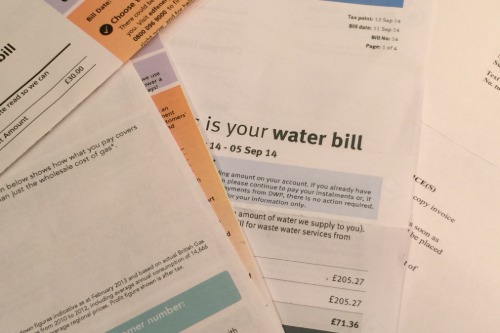
Electricity, water, gas, and trash services often include taxes and surcharges. Local governments levy taxes to fund infrastructure, environmental programs, and emergency services. Utility companies then pass these costs directly to consumers. This means every monthly bill has a tax component baked in.
Some taxes are flat fees, while others are percentage-based. Energy-efficient programs or renewable energy incentives can also appear as line items. Many households barely notice until they review their bill in detail. Your monthly utilities are silently supporting public initiatives.
13. Car Rentals
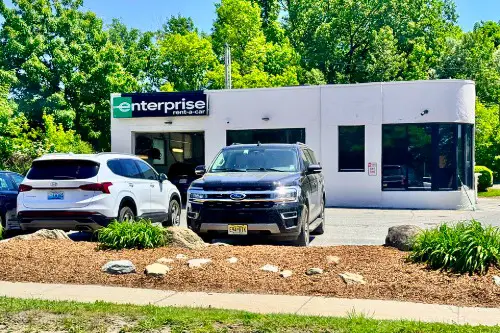
Renting a car comes with more than just the rental fee. States and municipalities impose excise taxes, airport fees, and sometimes vehicle licensing taxes. Tourists often see a rate that seems reasonable until all the hidden fees appear. These taxes are designed to fund local roads, airports, and tourism infrastructure.
Even a short weekend rental can be surprisingly expensive once taxes are added. Insurance, fuel, and extra services are often taxed too. Consumers rarely catch the full cost until the final bill. Car rental taxes are a classic example of hidden travel expenses.
14. Lottery Tickets
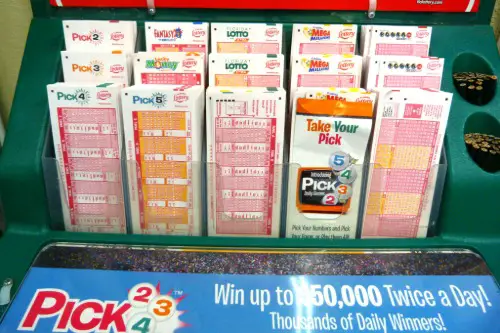
Lottery tickets may seem like a pure gamble, but they carry hidden taxes too. State lotteries often include a small sales tax within the ticket price itself. Proceeds fund education, infrastructure, or other state programs, meaning every ticket you buy is indirectly taxed. Players often don’t realize how much is diverted from prize pools to taxes.
Winning doesn’t make you immune either. Federal and state taxes apply to prizes over a certain amount. This can drastically reduce the actual payout. The lottery is a double-edged tax: you pay to play, and taxes reduce your winnings if you win.
This post 14 Everyday Things Americans Pay Hidden Taxes On was first published on American Charm.


